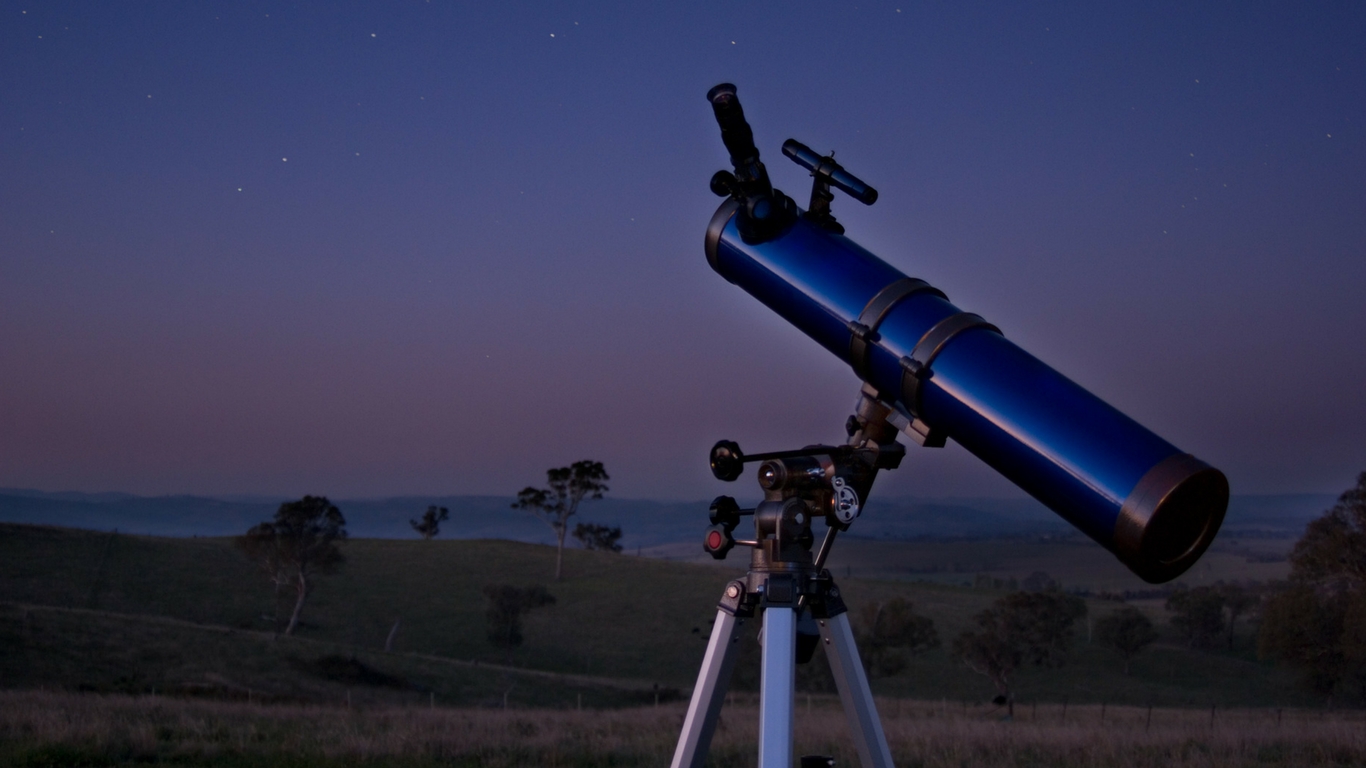

The aperture size dictates how much light gets into the telescope. When looking at magnification and lens data of a telescope, you should focus (ha!) more on aperture size than magnification specs. How important is magnification for the best telescopes for beginners? And they are easier to use than you think. If all you need is something to causally locate stars, planets and maybe aliens, you can find a great, inexpensive and, best of all, simple telescope for amateurs and kids. And then there are the best telescopes for beginners. There are high-end, professional, room-sized telescopes. Features to consider when shopping for the best telescopes for beginners And if you get tired of the cosmos, it works well as a nature telescope for birdwatching and sightseeing. The lightweight scope is perfect for road trips and comes with its own travel bag. For looking at the moon or scanning the sky on a lazy summer night, it does a fine job. This refractor scope is powerful enough to see the rings of Saturn…but don’t expect Hubble-quality images. The price is right, at $90 and the Celestron brand is a dependable option for beginner telescopes. The best telescopes for beginners: Reviews & Recommendations Best for looking at planets: Sky Watcher Classic 250 Dobsonian 10-inch Aperture Telescope Best budget: Celestron 70mm Travel Scope.Best computerized: Celestron NexStar 130SLT Computerized Telescope.Best for astrophotography: Sky Watcher Virtuoso.Best for teens and young adults: Celestron 22030 Travel Scope.

Best for looking at planets: Sky Watcher Classic 250 Dobsonian 8-inch Aperture Telescope.Become a genuine space ranger even if you can’t tell the difference between a nebula and an eyelash. Innovative setups and computer tracking make stargazing simple and approachable. in astrophysics. Whether you want to track the ISS or discover a new planet, you can have fun with these instruments designed for usability. You’ll be able to use the best telescopes for beginners without a PhD. Don’t be intimidated by astronomy equipment. Where do you start? How much should you spend? Will it break easily? And what do any of the specifications mean? Learning about the various features and decoding the product descriptions can help rookie astronomers and their families take a peek at the universe. Finding the best telescopes for beginners may seem more daunting than finding water on Mars.


 0 kommentar(er)
0 kommentar(er)
